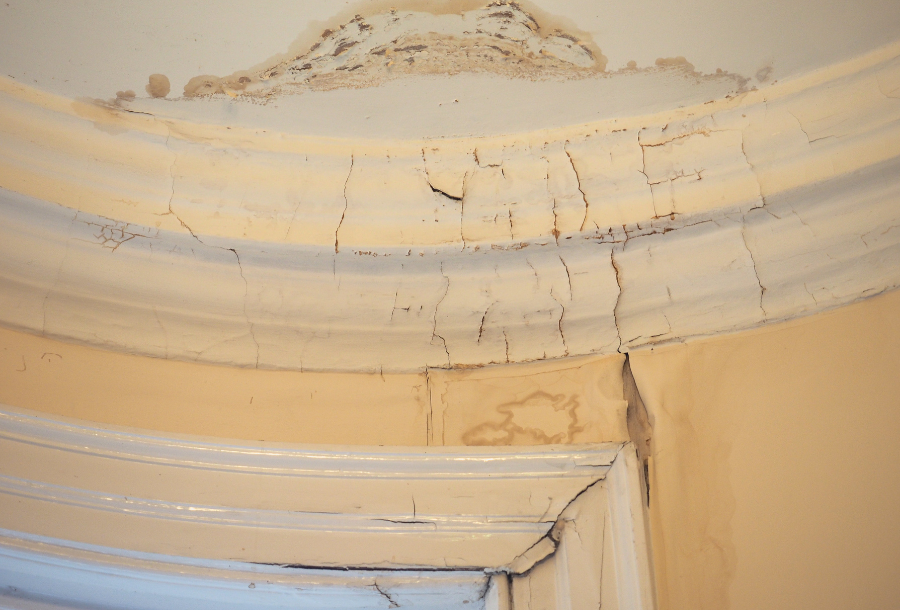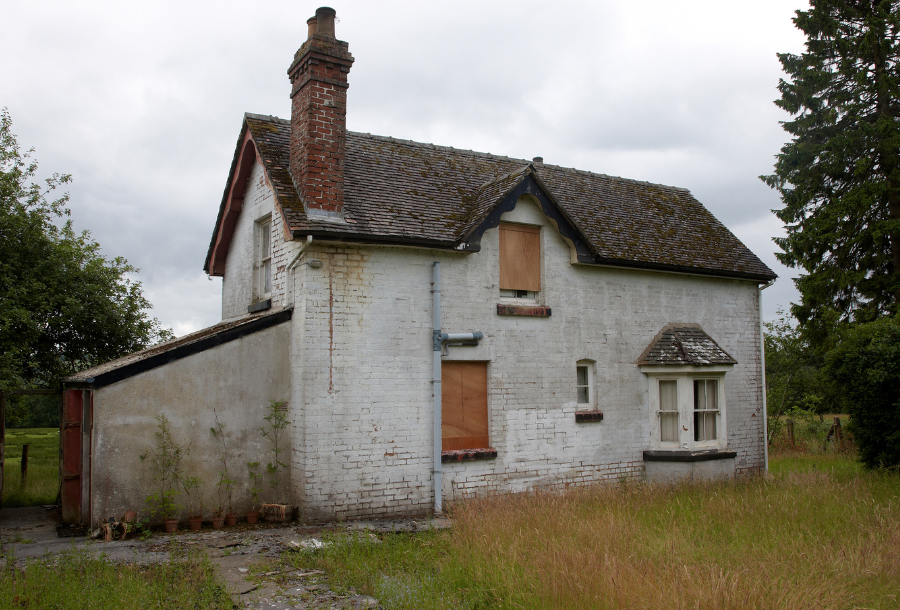Selling a home is hard enough. But when the property has serious issues like structural damage, legal complications, or a location nobody wants it becomes a real problem. These kinds of homes often sit on the market for months, if not years. Traditional buyers aren’t interested. Lenders won’t finance them, and estate agents may not even want to list them.
This is where cash buyers step in. They offer a direct, no-nonsense solution. They buy houses as they are, flaws included. For many sellers, especially those in a tight spot, this is the quickest way out.
Contents
What Counts as a Problem Property?
Problem properties are homes that face major obstacles in the usual sales process. These are not minor cosmetic issues. These are homes that send most buyers running. Common issues include:
1. Structural Damage
Foundations that are cracked. Roofs that sag. Damp, or rot. These all make a home unsafe and unattractive. Fixing these problems can cost thousands, and most buyers don’t want to take them on.
2. Legal Problems
These include missing paperwork, unapproved extensions, or outstanding debts on the property. Legal issues delay the sale and scare off mortgage lenders and cautious buyers.
3. Bad Locations
Properties near busy roads, industrial sites, or high-crime areas are harder to sell. Even if the home is fine, location plays a big role in pricing and demand.
4. Inherited Homes or Long-Term Vacant
Sometimes properties are inherited and sit empty for years. They might have fallen into disrepair or be filled with unwanted items. These homes often fail buyer inspections.
5. Problem Tenants
Selling a property with tenants who are in arrears or refuse to leave is tricky. Eviction takes time, and traditional buyers usually want vacant homes.
Why Traditional Selling Doesn’t Work for Problem Properties
Trying to sell a problem property the usual way often doesn’t work. Here’s why:
- Mortgage Issues: Most buyers need a mortgage, but lenders won’t approve a loan on a home that fails inspection or has legal issues. That rules out 90% of the market.
- Estate Agent Roadblocks: Some agents avoid listing problem homes. Others list them but fail to attract buyers. Viewings go poorly. Offers are rare.
- Buyers Get Cold Feet: Even if someone does make an offer, a bad survey or a solicitor raising red flags can make them pull out at the last minute.
- Cost of Waiting: While the house sits on the market, bills pile up. Council tax, insurance, and maintenance costs keep coming.
The result? Stress, delays and no sale in sight.
How Cash Buyers Solve the Problem
Cash buyers are usually professional investors or companies that specialise in buying homes fast. They offer a solution that is simple and clear. Here’s what they bring to the table:
1. They Buy As-Is
No repairs. No deep cleans. No fancy photos. They don’t care if the property is damaged or outdated. They’ll make an offer based on the current state.
2. They Pay in Cash
No mortgages. No waiting for approvals. This makes the sale much faster and more reliable. Deals can be completed in as little as 7 days.
3. They Handle Legal Work
Many cash buying companies will deal with all the legal paperwork. Some even pay the seller’s legal fees. That takes extra pressure off.
4. They Offer Certainty
Once a cash buyer agrees to buy, they usually stick to it. There’s no risk of them backing out after a survey or due to bank delays.

What Types of Homes Cash Buyers Purchase
Cash buyers are not picky. If it has walls and a roof (even if broken), they’ll consider it. Here are the most common examples:
- Problem properties with serious damage: Fire, flood, or vandalism.
- Homes that need full renovation: Unlivable due to age or neglect.
- Legally stuck properties: Title issues, planning permission problems, or probate delays.
- Unwanted inheritance homes: Often filled with belongings and in poor shape.
- Homes in poor locations: Areas with high crime, noise, or pollution.
- Tenanted properties: Especially with rent arrears or difficult occupants.
Selling Problem Properties to a Cash Buyer: Step-by-Step
Selling to a cash buyer is straightforward. Here’s how it typically works:
Step 1: Make Contact
Reach out to a reputable cash buying company or individual investor. You can find them online or through estate agents.
Step 2: Quick Valuation
They’ll assess the property, usually by visiting or using online tools. This can happen in 24–48 hours.
Step 3: Cash Offer
You’ll receive an offer based on the property’s condition and market value. It’s usually lower than open market value, but reflects the risks they take on.
Step 4: Accept the Offer
If you’re happy with it, you accept. There’s no pressure. Most buyers will give you time to think it over.
Step 5: Complete the Sale
The buyer arranges everything: legal checks, contracts and the transfer. Some even let you choose the completion date.

Is Selling to a Cash Buyer Right for You?
It depends on your situation. If your home is in good condition and in a popular area, you may get a better price on the open market. But if you face any of the problems below, cash buyers can be the fastest way out:
- You can’t afford repairs
- The property has legal problems
- It’s been on the market for months with no interest
- You need to sell quickly due to financial hardship, divorce, or relocation
- You’ve inherited a house you don’t want
- You’re a landlord tired of problem tenants
Key Takeaways
- Problem properties include homes with damage, legal issues, or located in hard-to-sell areas.
- Traditional sales often fail due to financial, legal, or buyer concerns.
- Cash buyers offer fast, guaranteed sales without needing repairs or mortgages.
- Selling to a cash buyer is simple: get a valuation, accept an offer and complete in days.
- While the price is usually lower, the speed and certainty can be worth it for many sellers.
FAQs
Q1: Will I lose money selling to a cash buyer? You may sell for less than full market value, but you also avoid agent fees, repair costs and waiting months for a buyer.
Q2: Are cash buyers trustworthy? Many are. Look for companies with good online reviews and transparent processes. Avoid those that charge upfront fees.
Q3: Can I sell a house with a tenant in it? Yes. Many cash buyers will take on tenanted properties, even with rental arrears or ongoing agreements.
Q4: What if the house has legal issues? Cash buyers often work with legal teams that deal with problem properties. They can still buy, depending on the issue.
Q5: How fast can the process be? Sales can be completed in as little as 7 days. Most close within 2–3 weeks.
Related articles


